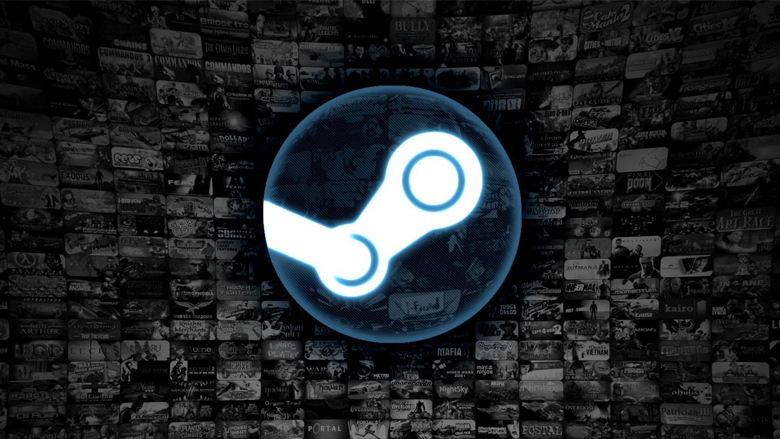Four years ago, a French consumer group called UFC-Que Choisir sued Valve over Steam’s Subscriber Agreement. UFC Que Choisir found some of its clauses to be in breach of consumer law.
Earlier this week, the High Court of Paris ruled in the group’s favor.
The total of 12 point in Subscriber Agreement came under scrutiny for the following anti-consumer practices:
- Steam’s Subscriber Agreement explicitly forbids users to sell their games, despite the transfer of ownership of digital products/licenses being legal
- Valve declines any responsibility in case they get hacked and users’ personal info gets stolen
- Valve claims ownership on the rights of any user-created content uploaded on Steam
- It is impossible to get the money on your Steam Wallet back if your account is closed/deleted/banned
As per the court’s ruling, Steam users are now entitled to reselling the digital copies of games they bought from Steam. Valve’s defense was that Steam is in fact a subscription service, and the users don’t technically own Steam games the same way they own physical copies. That argument, however, didn’t convince the court.
Additionally, the court obligated Valve to reimburse users leaving (or being banned from) Steam if any money is left in their Steam Wallet. Valve’s ownership over modifications was also diminished.
In case of refusal to implement these changes within a month, Valve will have to pay a fine of up to 3,000 Euros per day for up to six months.
That is, of course, if the ruling comes into effect. Right now, Valve is going to appeal it.
“We disagree with the decision of the Paris Court of First Instance and will appeal it. The decision will have no effect on Steam while the case is on appeal,” a Valve representative told Kotaku via email.
So it’s unlikely that any changes will take place in the immediate future. But if the ruling holds, the consequences will affect all of Europe and, potentially, all of Steam.
UPD: Simon Little, CEO of ISFE, expects that the court’s ruling will be overturned on appeal as it contradicts established EU law: “This French ruling flies in the face of established EU law which recognises the need to protect digital downloads from the ease of reproduction allowed by the Internet. Far from supporting gamers, this ruling, if it stands, would dramatically and negatively impact investment in the creation, production and publication of, not just video games, but of the entire output of the digital entertainment sector in Europe. If Europe’s creators cannot protect their investments and their intellectual property, the impact on both industry and consumers will be disastrous.”
ISFE elaborates on this in a press release. According to EU copyright law, when it comes to digital and streaming services, every use must be subject to the authorisation of the rightholder and copyright does not expire with their first sale, as it does with physical goods. Physical goods are subject to the “distribution right” and to the “exhaustion doctrine” which means that the purchaser has the right to resell the goods if they were first put on the market with the authorisation of the copyright owner. This is not the case with digital downloads which are subject to the “communication to the public right”, meaning that the purchaser does not have a right to sell them on, without the copyright owner’s permission.

